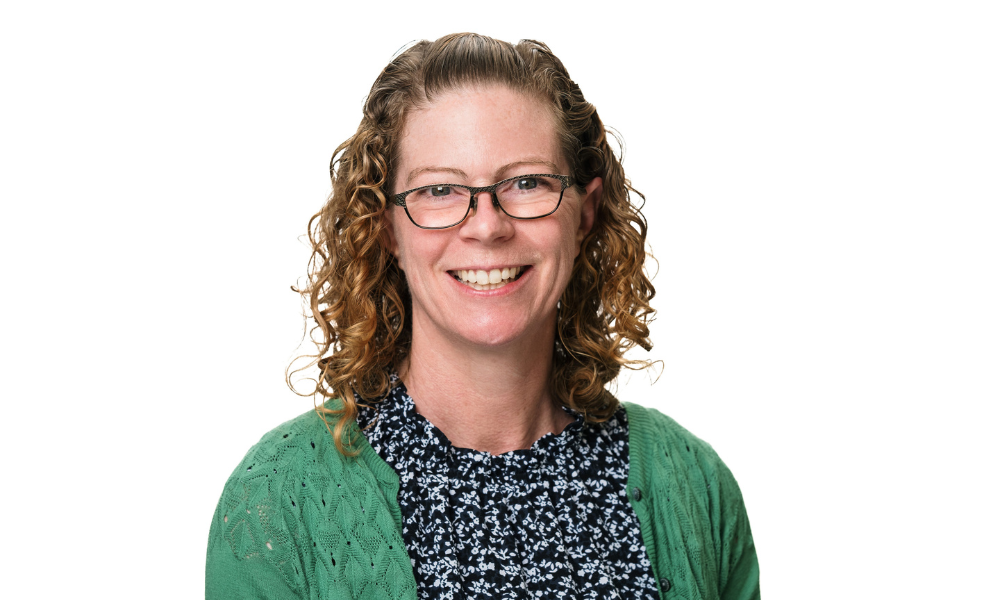
'Our teams feel safer and know that we've absolutely got their back,' says head of safety, health & wellbeing

Woolworths New Zealand, formerly Countdown, is to spend $45m over the next three years to add further security measures to its stores to help employees and customers feel safer.
The planned changes have come about following extensive feedback from staff regarding in-store challenges – especially since the Covid pandemic.
“We are very excited about where we're at in this journey now because we’ve been working on this for a long time,” says Denva Wren, head of safety, health & wellbeing at Woolworths NZ.
“I think we've now moved from trying to understand the complexity of the problem - listening to what our team really needs and looking to see what options on controls could be effective and trial some of those. We’ve now got a plan, a roadmap.”
According to Wren, stores have recorded a jump of more than 300% in reported physical assaults and thefts over the past six years. The rise in threatening, aggressive and brazen behaviour by offenders also includes incidents of concealed weapons being presented. Just two years ago, stabbings in stores in Dunedin and Auckland rocked staff and the wider community.
“We’re feeling that this is really going to make a difference for our teams, our customers and communities,” Wren says.
“That's a different place to be in compared to where we were a year ago, when we were still very much reflecting, testing and trialling, and reaching out to expert parties and trying to navigate the complexity of the issues.”
Woolworths’ approach includes innovative measures to reduce the need for staff to be in positions involving confrontation or conflict.
Following trials, the methods include smart technology for trolleys – whereby wheels lock if the person pushing doesn’t spend long enough at the checkout according to the length of time in store - smart camera technology at self-checkouts, push-to-talk radios for staff, double-entry gates, and an emphasis on team training for conflict situations.
To gather information about what employees really felt would be effective, extensive feedback was sought on the challenges encountered on a daily or weekly basis.
“Acts of aggression have been a regular topic that we have leant in on over the last few years and I think this is where we can start to indicate and show and backup that we've listened, we've learned and we’re now doing something about it,” says Wren.
Woolworths has been communicating its safer stores programme to teams, including through roadshows, to get the word to its nearly 22,000 employees across New Zealand. Around 18,500 of those are across 194 supermarkets, with the majority working on the shopfloor and front line.
The organisation recently updated its conflict principles to simplify to four: stay calm, stay a safe distance, avoid physical contact, and stay inside the store.
Those principles are regularly reviewed, including with advice from the police, to check they’re still applicable.
“It’s very hard for the team at the front line to be following these principles and see offenders walking out with trolleys or see someone being aggressive and know how you’re going to respond in that moment,” says Wren.
Additional factors come to the fore when employees follow protocol and don’t intervene, but members of the public might respond. One customer confronting a shoplifter recently was threatened by the perpetrator with a knife.
Store redesign is something also being looked at, but will take longer to roll out.
Work will continue with further adaptations in response to employee feedback, says Wren, especially following the rise in number of cases of breaking and entering earlier this year in New Zealand. These could be site by site or right across the business.
It’s vital that the organisation continues to back up results from feedback with action, she says.
“The importance of team and customer safety is our number one [priority]. There’s absolute relief and gratitude that we are now mobilizing a workflow with a team of people to deploy control.
“Across the board, we’re getting very good feedback and what will be even better is once we land more of these controls and our teams feel safer and know that we've absolutely got their back.”